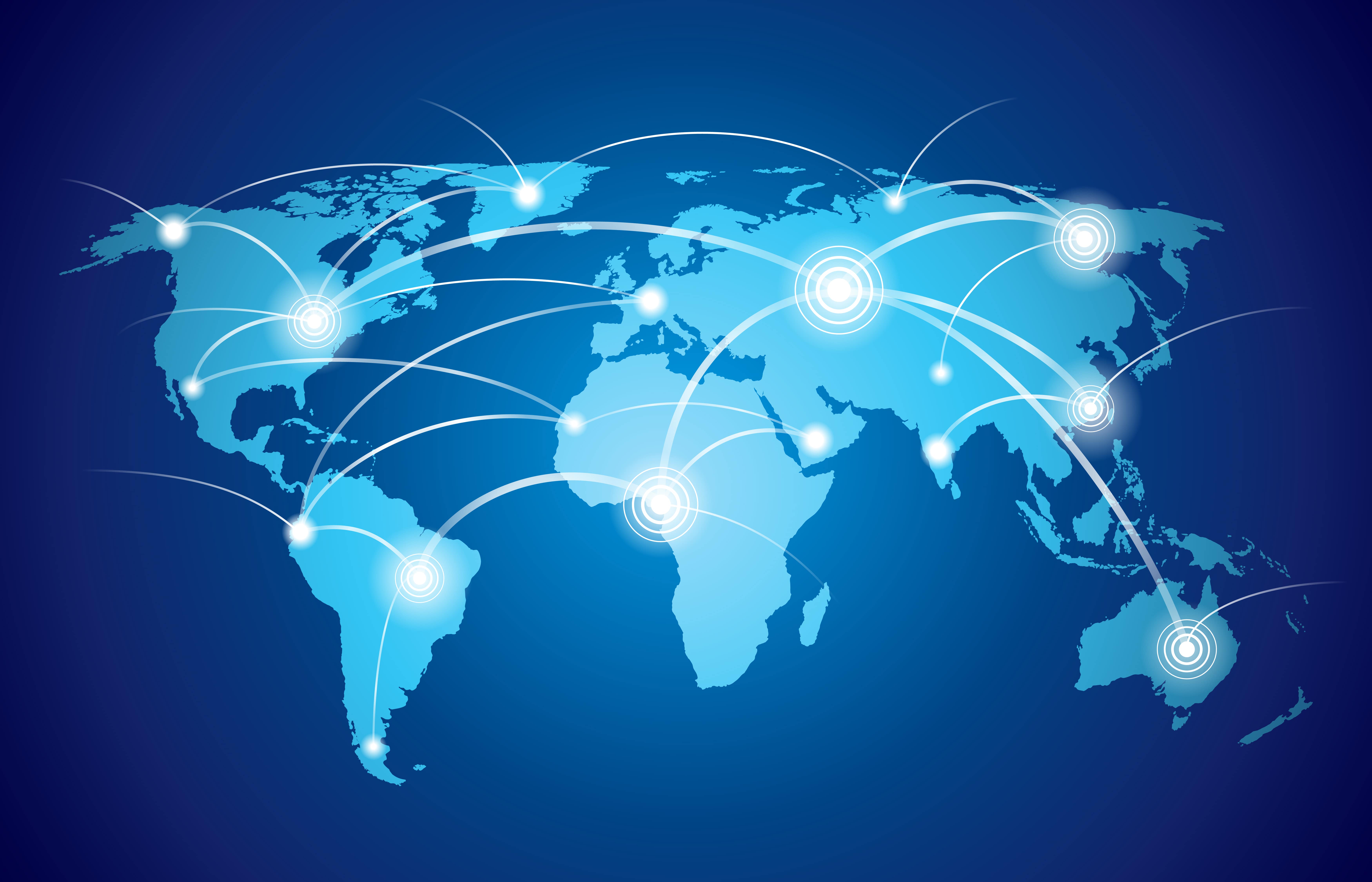Economic Impact
Economic impact refers to the consequences of an event, project, policy, or other activity on the economy. It's about measuring the ripple effect – how things change in terms of money, jobs, and overall wealth. Understanding economic impact involves analyzing a wide range of factors, including changes in Gross Domestic Product (GDP), employment rates, inflation, consumer spending, and business investment. A positive economic impact might mean job creation, increased investment, and higher GDP growth, while a negative impact could lead to job losses, decreased investment, and economic decline. Analyzing economic impact often involves complex modeling and data analysis, comparing "before and after" scenarios or using counterfactual analysis to determine what would have happened without the intervention. This field is crucial for informing policy decisions, evaluating the success of projects, and understanding the overall health and trajectory of economies at local, national, and global scales. Whether you're interested in the impact of a new factory, a government stimulus package, or a natural disaster, understanding economic impact provides essential insights into the real-world consequences of various events and activities.
How Have U.S. Tariffs on China Affected Global Supply Chains?
Many multinational companies rely on China for manufacturing and exports. Have U.S. tariffs on Chinese goods led to supply chain disruptions or increased production costs? Have businesses relocated manufacturing to other countries as a result?

How Have Tariffs on Canada and China Impacted the U.S. Economy?
The U.S. government has justified tariffs as a way to protect domestic industries, but they can also lead to higher costs for businesses and consumers. Can you provide insights into how these tariffs have affected key sectors like manufacturing, agriculture, and technology in the U.S.? What are the short-term and...

Related Tags
View AllMost Active
View All






